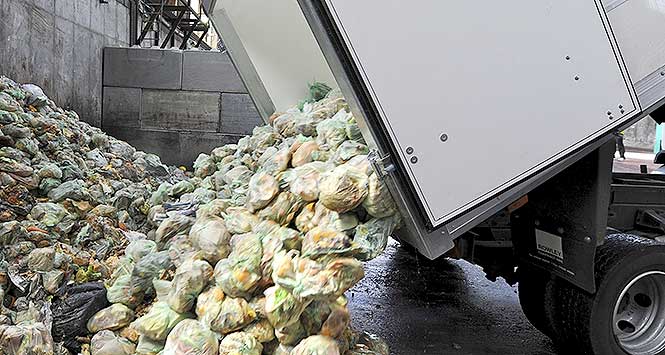More than a third of consumers believe that shopping at convenience stores is better for the environment, new research reveals.
A report from data and digital specialist TWC shows that more than 70% of consumers are concerned about environmental and sustainability issues. While the youngest consumers, Gen Z (aged 18-24) were most likely to ‘strongly agree’ with this statement, overall agreement was highest among Boomers (aged 55+). Boomers were also more likely to consider themselves more concerned about environmental issues that they were three years ago, suggesting that older consumers are ‘catching up’ with their younger counterparts in terms of concerns about sustainability.
The TWC Trends Do good, feel good report reveals that sustainability concerns are already affecting where consumers shop. Over four in ten respondents agreed with this statement – and almost half said that it will be an even greater influence in the future.
Sarah Coleman, Communications Director at TWC, said: “This is a really important issue for consumers and one that is going to rise in importance or possibly become an expectation. Almost two-thirds of consumers agreed that food retailers who don’t take sustainability or environmental issues seriously are likely to lose out in the future – this is a big watch out for all businesses.”
The research shows that currently consumers are unsure of the environmental impact of shopping at c-stores, with an equal split between those who agree it is better for the environment (35%), those that disagree (33%) and those that are unsure (32%).
Coleman said: “Currently we see the grocery mults are well ahead on demonstrating their environmental credentials and therefore convenience and wholesale must reposition itself as a strong choice for sustainable shopping. Of course, key to this will be identifying which elements of sustainability are most relevant and important to their customers and aligning their communications accordingly.
“There is an opportunity here to talk up the environmental benefits of shopping at convenience stores. For example, walking to store (both customers and staff) and collaborations with local businesses that drive the local economy. We believe this would really resonate with consumers.”
She added: “However, we also have to recognise the challenges of implementing sustainability initiatives – whether that is for example the investment required to fit energy efficient chillers or lighting or offering a range of locally sourced produce. By their very nature, local lines from small suppliers are not going to deliver volume and so these demands can be at odds for the retailer and wholesaler. Range recommendations must therefore balance core lines, plus more, to meet this increasing need.”





